The controversy about the Séralini et al. study, which reported negative health effects of Monsanto’s NK603 GM maize and Roundup herbicide fed to rats over the long term,[1] is still going on. According to a new review published in Environmental Sciences Europe, the European Food Safety Authority (EFSA) used unscientific double standards to dismiss the Séralini study on genetically modified (GM) maize.[2]
The publication of this latest review comes just days after the retraction of the Séralini paper by Elsevier, the publisher of Food and Chemical Toxicology(FCT), on the unprecedented grounds of the “inconclusive” nature of some of the findings. ENSSER condemned the retraction[3] .
The Séralini study triggered an immediate storm of criticism by scientists and organisations, most of whom are known for their support of GMOs and their pleas for sweeping deregulation of GM plants in the EU and relaxation or even abandonment of risk assessment standards.[4]
Retrospective and selective application of new standards by EFSA
In September 2012, the European Commission asked EFSA to review the Séralini study. EFSA did so by retrospectively applying new standards released in 2011 to scientific work that Séralini planned and started in 2008.[5] EFSA concluded that the Séralini study was “inadequate”.[6]
But EFSA did not apply these same standards retrospectively to the original rat feeding study by Monsanto, even though the underlying design for the Monsanto study was later repeated by Seralini.[7] The Monsanto study concluded that this same GM maize was safe to eat, resulting in the approval for consumption of this GM crop by millions of animals and EU citizens in 2005.
EFSA review undermined the basic principles of science
Hartmut Meyer, one of the authors of the new review, said, “Use of such double standards is a common response from scientists calling for GMO deregulation and, somewhat surprisingly, also from some government authorities, to studies that show negative environmental and health effects of GMOs. Only those studies that find problems are subjected to excessive scrutiny and rejected as defective. This approach appears to be a tactic to avoid dealing with ‘inconvenient’ results, whilst selecting for ‘convenient’ results.”
The new review then applied the same criteria used by EFSA to reject the Séralini study to 21 other 1-2-year feeding studies published in peer-reviewed scientific journals during the last 20 years. Those studies did not test feed derived from GM plants but mostly chemicals, used the same strain of rat, similar low numbers of tested animals and likewise modified protocols that extended or diverged to some degree from the strict OECD protocols and EFSA criteria as both Seralini and Monsanto did.
Restore scientific principles of objectivity
Angelika Hilbeck, the second author of the new review and chair of the European Network of Scientists for Social and Environmental Responsibility (ENSSER), said, “ENSSER wants to see scientific objectivity restored. We are calling for an end to the use of double standards, particularly by EFSA, in the evaluation of scientific research on substances that may pose risks to public health. We need a reasoned, respectful debate with the aim of reaching a consensus on the evaluation standards that must be consistently applied to all toxicity and carcinogenicity trials, regardless of whether they have findings that are ‘inconvenient’ for certain parties. EFSA should take the lead here.”
“It’s time to stop selectively attacking methods and begin to deal with the results.”
Double standards used to claim GMO safety
Another example of selective scrutiny of study methods in order to avoid dealing with the results is a review of GMO safety studies conducted by Snell et al. (2012)[8]. In their review of 24 animal feeding trials with GM plant-derived feed, the authors noticed severe methodological shortcomings in a majority of the analysed publications, e.g. isogenic lines as controls were only used in 10 studies. However, Snell et al. used these shortcomings as arguments to dismiss those studies stating negative effects – but not those stating safety. Based on this asymmetrical, result-triggered approach, the review incorrectly concludes that no health hazards were found in 24 analysed publications.
[1] Séralini G-E, E Claira, R Mesnage, S Gress, N Defarge, M Malatesta, D Hennequin, JS de Vendômois. 2012. Long term toxicity of a Roundup herbicide and a Roundup-tolerant genetically modified maize. Food Chem Toxicol 50: 4221-4231
[2] Meyer H, A Hilbeck. 2013. Rat feeding studies with genetically modified maize – a comparative evaluation of applied methods and risk assessment standards. Environmental Sciences Europe 25: 33;http://www.enveurope.com/content/25/1/33/about
[4] Science Media Centre: Study on cancer and GM maize – experts respond. Science Alert of 20.09.2012.http://www.sciencemediacentre.co.nz/2012/09/20/study-on-cancer-and-gm-maize-experts-respond/
Public Research and Regulation Initiative: Letter and Q&A – Seralini et al 2012; http://www.prri.net/questions-and-answers/qa-seralini-et-al-2012/
[5] EFSA Scientific Committee. 2011. EFSA guidance on conducting repeated-dose 90-day oral toxicity study in rodents on whole food/feed. EFSA J 9(12):2438
[6] European Food Safety Authority. 2012. Review of the Séralini et al. (2012) publication on a 2-year rodent feeding study with glyphosate formulations and GM maize NK603 as published online on 19 September 2012 in Food and Chemical Toxicology. EFSA J 10(10):2910
[7] Hammond B R Dudek, J Lemen , M Nemeth. 2004. Results of a 13 week safety assurance study with rats fed grain from glyphosate tolerant corn. Food Chem Toxicol 42: 1003-1014
[8] Snell C, A Bernheim, J-B Bergé, M Kuntz, G Pascal, P Paris, AE Ricroch. 2012. Assessment of the health impact of GM plant diets in long-term and multigenerational animal feeding trials: A literature review. Food Chem Tox 50:1134-1148





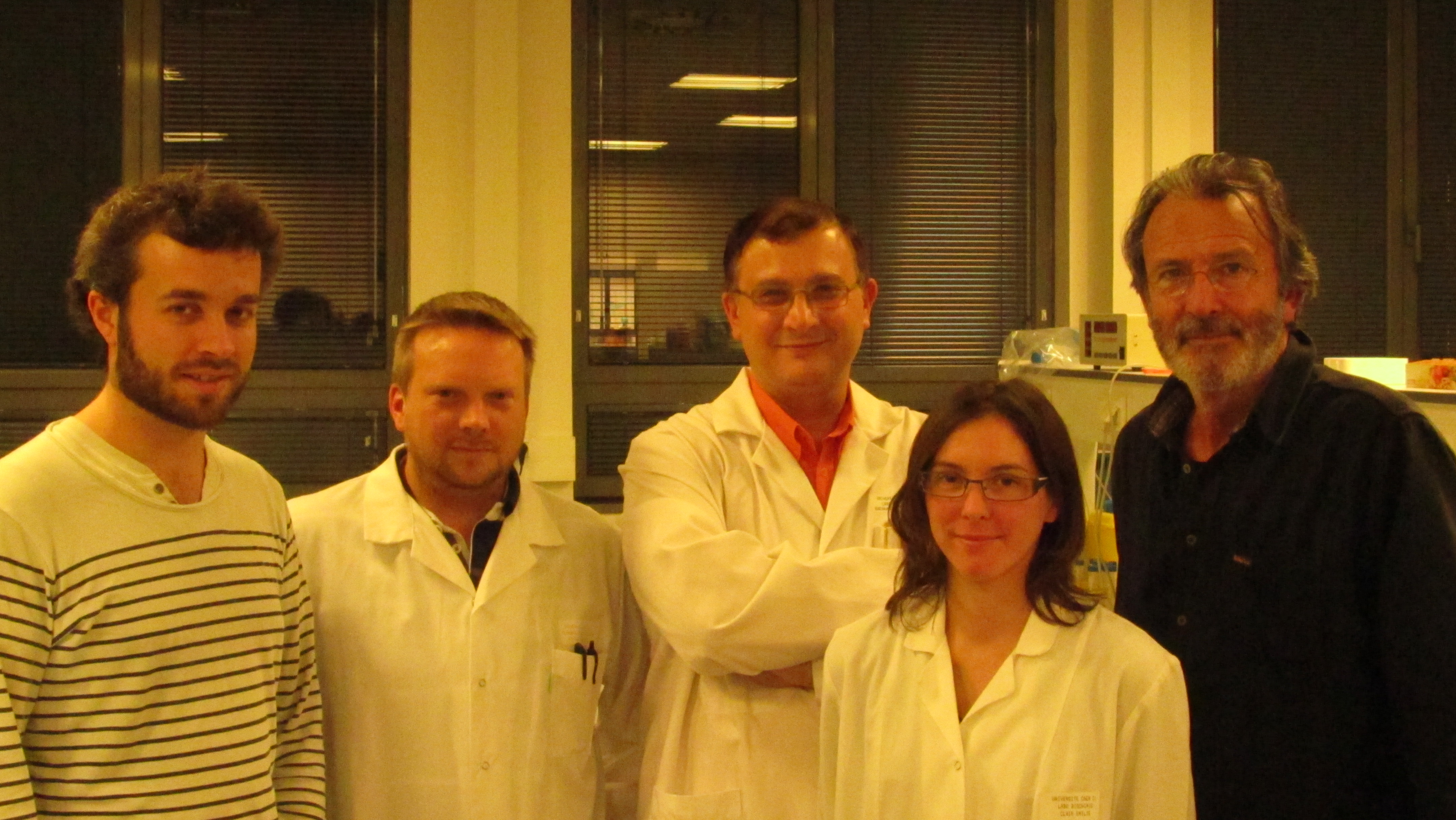







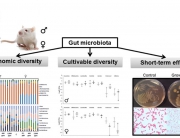

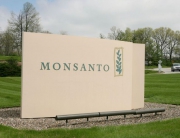




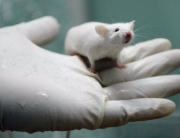




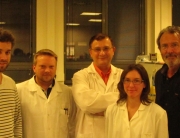


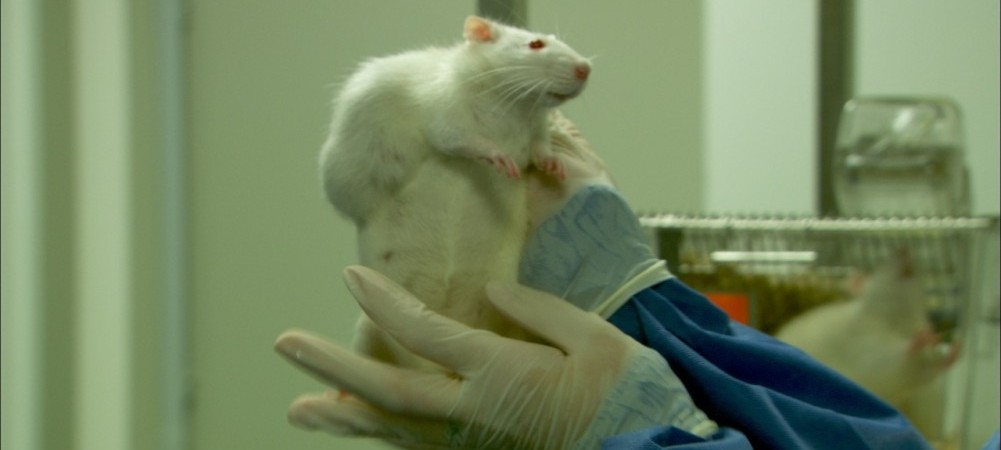

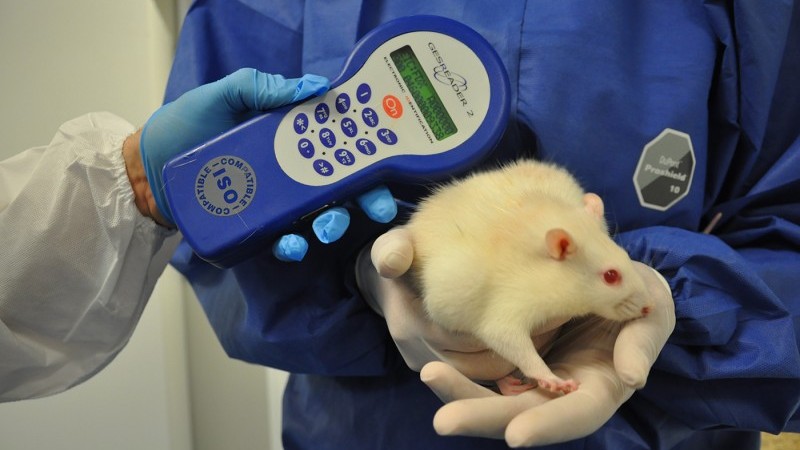
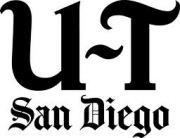


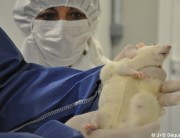






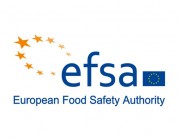


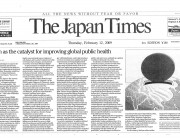

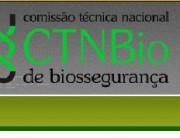


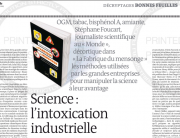





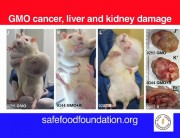

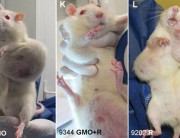
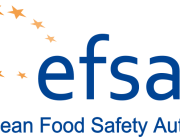

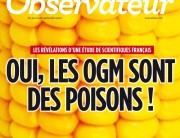


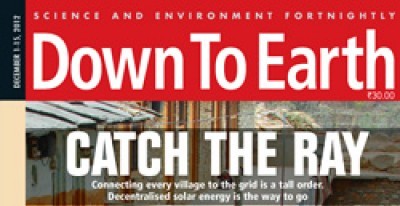












Dear Dr. Séralini. I have seem that your paper in FCT was also retracted. My paper on hematotoxicity of Bt Cry-endotoxins present in GM maize was also retracted from the FCT. Mr Richard Goodman is a reviewer of the FCT, and responsible for the retraction. He strongest than the Editor-in-Chief. However he is linked to Biotech industry. You can get this information in the internet. There is a speach in the You-tube of Mr Goodman and at end of his powerpoint presentation you will find the sponsors of his research – BAYER, NOVARTIS and MONSATO. This is a clear conflict of interests. That is why FCT is not a serious Journal.